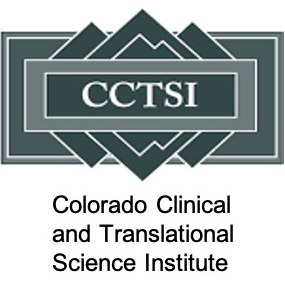RESEARCH FOR REAL-WORLD IMPACT:A Guide to Planning, Conduct & Dissemination of Pragmatic Research in Health
Introduction
Pragmatic research is intended to help support a decision by service and care providers – and policy makers, patients, and other stakeholders – on whether and in what context to adopt, deliver, or make use of an intervention. Of great importance is the fact that conducting research in diverse, real world settings helps to ensure that our evidence can be applied successfully across different populations and contexts – which is critical for promoting health equity.
This guide brings together both established and emerging pragmatic methods, measures, and models, many of which come from the blossoming field of dissemination and implementation (D&I) science. These methods help to ensure that pragmatic research is not seen as messy or poorly done research, but rather as both relevant and rigorous.
How to Use this Guide
This guide may be used as a comprehensive, stage-by-stage guide to planning and conducting pragmatic research, or may also be navigated by jumping directly to topics of interest. Each section includes extra resources such as videos, publications and links to key resources – expand the right-hand sidebars in each section to access these items.
Navigate the Guide
Funding & Acknowledgements
Much of the content of this guide – and many of the linked resources – originated as part of the Colorado Pragmatic Research in Health Conference (COPRH Con). This guide and the initial three-year COPRH Con series were funded by the Agency for Healthcare Research and Quality (R13HS027526). Ongoing support to maintain this guide is provided by the Colorado Clinical and Translational Sciences Institute (UM1 TR004399) and the Adult & Child Consortium for Health Outcomes Research & Delivery Science (add grant number). Contents are the authors’ sole responsibility and do not necessarily represent official NIH views.
Together, the conference series and this guide aim to:
- Describe and promote use of pragmatic research methods, models, and measures to support translation of evidence-based practices, policies, and guidelines to clinical, community, and public health settings.
- Build capacity for pragmatic research through use of web-based tools, templates, and guidance materials for application of pragmatic research methods.
- Foster team science in use and testing of pragmatic research methods through creation and support of a virtual learning community
Key Partners
The Adult and Child Center for Outcomes Research and Delivery Science (ACCORDS) is a unique environment supporting innovative and interdisciplinary research across the CU Anschutz campus. ACCORDS brings together a large group of investigators from multiple disciplines, some who have their primary office at ACCORDS, and others who collaborate with ACCORDS personnel, programs and cores, while maintaining an off-site research home. Our methodologic cores provide support for the development of new projects, grant proposals for faculty, consultative support to investigators, as well as support our programmatic areas.
The Colorado Clinical and Translational Sciences Institute (CCTSI) supports translational research by providing resources, integrating facilities and services, developing innovative research tools and catalyzing interdisciplinary research programs.
Contributors: Bethany M. Kwan, COPRH Conference Chair, 2020-2022 (University of Colorado); Russell E. Glasgow (University of Colorado); Allison Kempe (University of Colorado); Amy Huebschmann (University of Colorado); Borsika Rabin (University of California San Diego); Elizabeth Juarez-Colunga (University of Colorado); Demetria McNeal Bolden (University of Colorado); Lindsay Lennox (University of Colorado)
Last updated: May 28, 2025

